Gweru residents resort to unsafe water
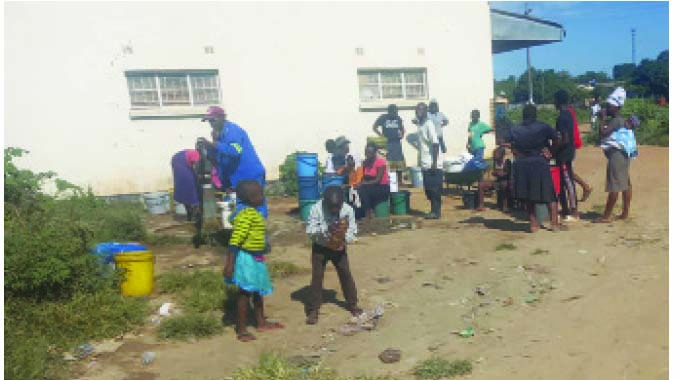
Patrick Chitumba, Midlands Bureau Chief
GWERU is facing acute water shortages forcing residents to resort to unsafe water sources, risking water-borne diseases.
The water situation obtaining in Gweru now is largely the same as in 2018, a year when the city experienced a cholera outbreak that saw about 11 residents succumbing to the disease.
Obsolete water infrastructure, power cuts and ballooning population among other factors have been cited as reasons behind the city water problems.
The local authority currently pumps 45 000 mega-litres of water per day, which is just below half of the city’s daily requirement.
According to residents, water cuts affect all developmental programmes, including agriculture, health, education and economic activities.
For the past week, residents in low-lying suburbs such as Mkoba 4, 6, and 4 have had no water while those in high areas like Mkoba 15, 18 and 19 have gone for several months with dry taps.
This has left residents with no choice but to rely on the few boreholes available in the city or unprotected wells, sparking fears of an outbreak of diseases such as cholera and typhoid.
Some residents are seen as late as 12 midnight fetching water from boreholes risking being attacked by thieves.

The water situation obtaining in Gweru now is largely the same as in 2018, a year when the city experienced a cholera outbreak that saw about 11 residents succumbing to the disease.
The residents have described the situation as dire.
More affluent families in the city’s low-density suburbs drill boreholes and purchase bottled water, options not available to the vast majority of resident.
The city council has attributed the water shortages to power cuts at Gwenhoro and Whitewaters dams.
The power cuts have affected the abstraction, pumping, treatment and distribution of water to residents and companies.
Mrs Samantha Manatsa from Mkoba 21 said she is forced to fetch water from a borehole as late as 12 midnights to 2AM when there are few residents queuing for water.

Borehole
“I wake up around 12 midnight to fetch water from a borehole and it’s risky because of robbers and thieves but I have no choice because of the need to get the precious liquid,” she said.
Mr Daniel Chikwata who is into brick moulding at Mkoba 6 shopping centre said he is forced to travel to Ngamo Dam to fetch water so that he doesn’t stop production.
“The water situation is now dire and I think council should do something in the form of getting an alternative source of power.
We can’t afford to travel to Ngamo which is about 60km to and from Mkoba 6 to fetch water. The business will not be sustainable,” he said.
The chairman of Gweru Residents Trust (GRT) Mr Antony Madzivanyika said Gweru’s long unresolved water crisis is a ticking time bomb. He said residents are now at risk of water bone disease as they seek alternative, often unsafe water sources.

Typhoid
“The infrastructure for piped water in Gweru was developed in the 1950s and was designed for a few people by then.
Now we have over 300 000 people who no longer have access to clean water and are at risk of water-borne diseases such as cholera and typhoid. We need alternative power sources because we can’t rely on Zesa,” said Mr Madzivanyika.
He said the water crisis has affected people’s rights to water and sanitation.
Mr Madzivanyika said under Section 77 of Zimbabwe’s 2013 constitution, “every person has the right to safe, clean, and potable water.”
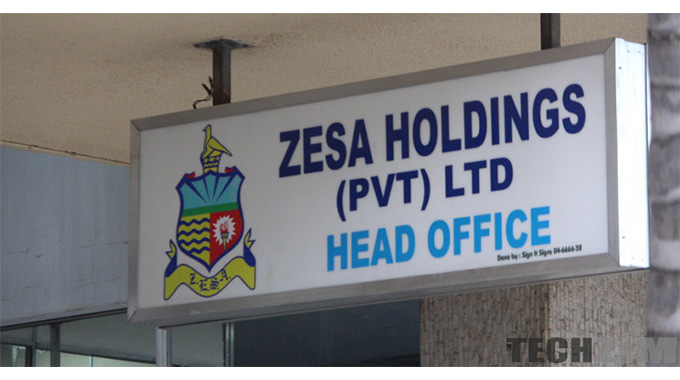
Zesa
“This means that the local authority is obligated to provide residents with safe and clean water,” he said.
GCC spokesperson Ms Vimbai Chingwaramusee attributed the persistent water challenges affecting residents to power cuts at Gwenhoro and White Waters dams.
“The dry taps experienced in the city are being caused by power outages. Time and again we have these power outages and we have engaged ZETDC on the issue, but nothing fruitful has come out of it.
Sometimes we have low outages which makes it difficult for us to pump water,” she said.
Chronicle could not immediately get a comment from the power utility.
Last year, Ms Chingwaramusee said they had even requested a dedicated power line for Gwenhoro, but nothing has materialised.

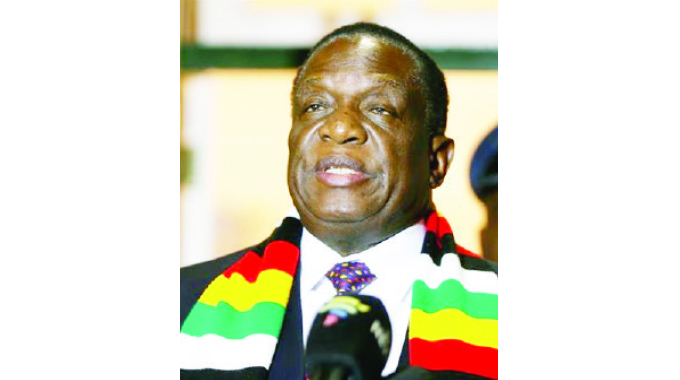
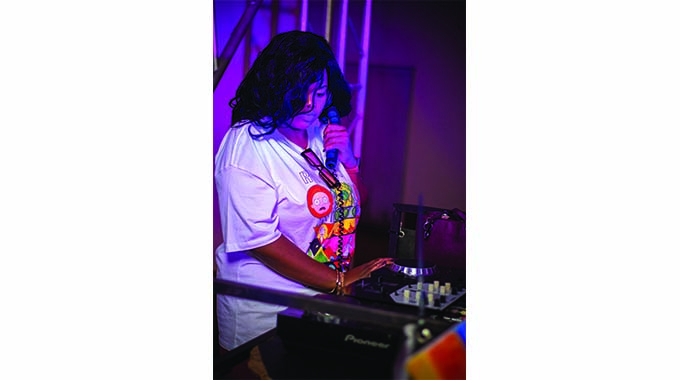
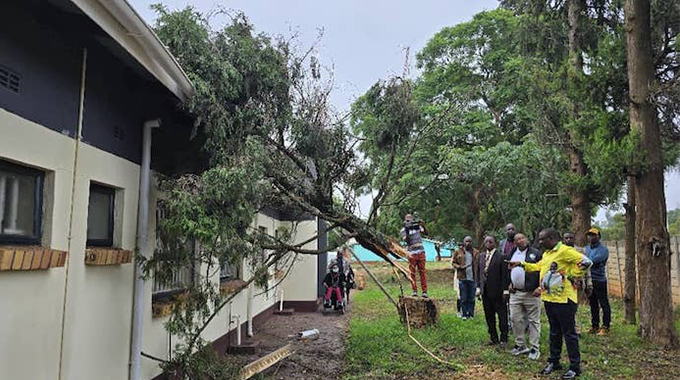








Comments